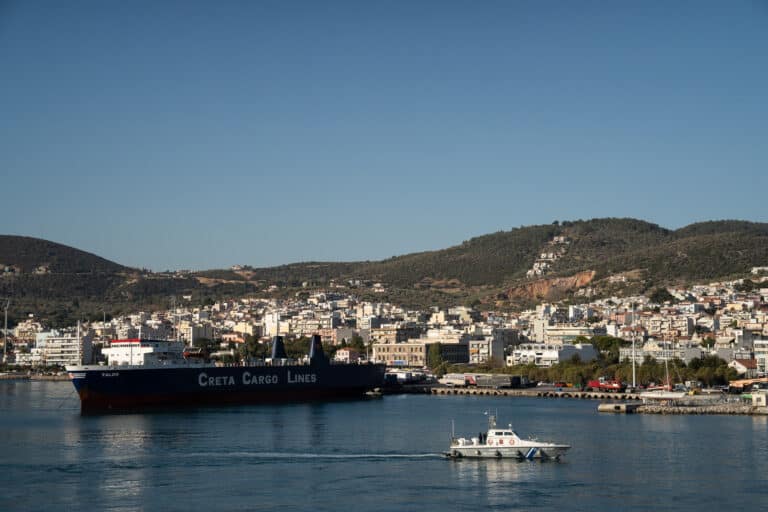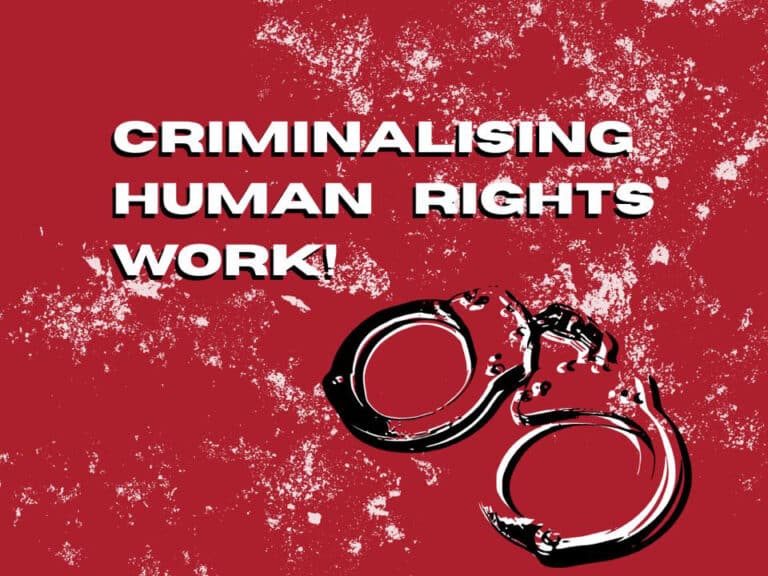CPTnet
16 April 2015
AL-KHALIL (HEBRON): Old City under water, under occupation
[This piece has been adapted for CPTnet. The original is available on the CPT Palestine website.]

After just a few short hours of rain, dozens of Palestinian
shopkeepers in Hebron have spent the past week salvaging their stores’ goods and
exhausting their modest bank accounts to return places of business into working
order. To a simple passer-by, the flooding would have looked like the rare
product of circumstances: poor infrastructure and the Old City’s location at a
point in Hebron lower than the surrounding hills. But that isn’t the whole
story.
More than 100 roadblocks, checkpoints, and barricaded
alleyways restrict and control the movement of Palestinians in Hebron. This
military apparatus was specifically engineered to create a matrix of control
around the Ibrahimi mosque, linking all of the Jewish settlements from Tel
Rumeida to the northwest to the main settlement of Kiryat Arba to the south
east— all built and maintained under the political buzzword of “Israeli
security”.
But this isn’t simply about security; it’s about creating a
completely unsustainable living situation for Palestinians living in the low
valleys of the Old City of Hebron.
A small corridor separates the Jewish settlement of Avraham
Avinu from the Palestinian community in the Old City. This historical corridor
didn’t just serve as a passageway to link up the different neighborhoods of
Hebron—it also served as a strategic point of drainage during the rainy season.
If the aim for sealing off the corridor was to prevent
people from passing, a simple gate would have worked. But instead, the Israeli
authorities installed a door that restricts the passage of water, preventing
the water from flowing freely out into the streets and into the main drainage
points.
This iron door is completely unnecessary from a security
framework. The result: Palestinians must rehabilitate their shops every time a
substantial rainstorm hits Hebron for a few hours.
Tahar Mosbah Sa’id Ahmed who owns a radio and video shop had
to throw away hundreds of shekels of inventory because of the flooding. After
several days of cleaning his shop, he is still not done.
 “This shop has been here for sixty-six years, and most of
“This shop has been here for sixty-six years, and most of
those years, we didn’t have this problem,” he said as he walked around his store.
Tahar walked through the Old City streets, pointing to the high water marks on
the walls and doors of the shop–reaching five feet in some places–before
pointing to the iron barricade that separates Avraham Avinu from the Old City.
“This is the problem,” he said, shrugging his shoulders and shaking his head.
“Why? Why do they [the Israeli military] do this to us?”
Ismail Shweki, who has run his grocery store for decades,
had to pay out 500 shekels in cleaning expenses to get his store ready.
“This has only been like this since 2001 – since the Second
Intifada,” he said. “Before that, the water ran out like normal. Now we have
this.”
The iron door is symbolic of Israel’s military occupation:
an iron door tucked away in the shadows, unknown to most of the world, and
damaging the lives and livelihoods of Palestinians.
You can help get the word out. Support the Hebron team’s documentation of life in Hebron’s Old City: https://www.cpt.org/participate/donate



